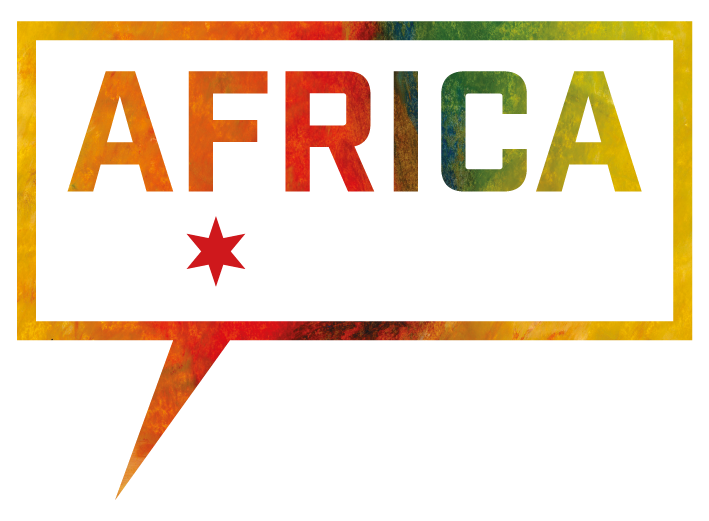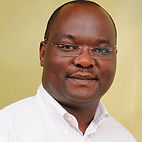Achieving an effective distribution system with the widest coverage is the dream goal of any publisher. However, many publishers in developing countries do not achieve effective distribution chains even within their own countries. One reason for this is the inability of many a publisher to identify and establish good business relationships with potential distributors. This raises the question of who a distributor is, how to identify one and the process of negotiating a contract with the potential distributor.
Distribution is the transfer of books from the publisher to the consumer. Therefore, a distributor is involved in getting the books from the publisher to the reader, either directly or indirectly. In developing countries like Kenya, many distributors also have retail outlets and thus sell directly to the readers and indirectly to other booksellers.
Important allies
Distributors fulfill orders from booksellers. Most retailers will not purchase books directly from a publisher or small press because it is more convenient to order titles from a single vendor than from multiple vendors. Likewise, it is a logistics nightmare for a publisher to process thousands of purchase orders from booksellers. An ideal situation is where the bookseller will find it best to buy from the distributor. However, in developing countries publishers are thought to offer better terms than distributors, so booksellers do purchase directly from publishers.
Distributors are important allies. They can perform such services as providing online and printed catalogs, a telephone order number, centralized storage and shipping of books to retailers, and at times handling of returns on behalf of the publisher. In the United States some distributors, for example Spring Arbor (www.springarbor.com), also market products. The publisher then pays for product insertion, promotional pieces, and so on. However, most distributors do not market books. Their role is to make the book available when orders are placed. The publisher’s role is to fuel book demand.
Among the reasons why publishers can become frustrated with distributors are the unrealistic expectations they have that a distributor will market their books. More often than not, most distributors represent other publishers as well. They do not have the resources to market the large inventory they stock from several publishers. What is important to a distributor is the profit margin they accrue from the sales of products from each publisher they represent.
How to find distributors
A publisher can take either an active or a passive approach to identifying distributors. Sometimes it all begins with unsolicited orders. After all, distributors, wherever they are, are always on the lookout for product representation that can be profitable and status enhancing. The initial contact with a new distributor may result from a trade show or an advertisement. At other times, trade sources such as directories, associations, magazines and journals are a good source. For Evangel Publishing House, the local chapter of the Christian Booksellers Association, and its magazine, as well as the CBA international magazine, Aspiring Retail, have been good sources of distribution contacts.
At times customers have referred a certain distributor to us. Another viable option could be identifying potential distributors via independent consultants. Also, many leading distribution companies can be found on BookWeb (www.bookweb.org).
Distributors who want your business will compete if they think you would be a good match to the rest of their client base. If they offer terms that are very low, they are either desperate for the business or extremely efficient.
Questions to ask
Before signing a contract with a particular distributor, a publisher ought to be satisfied regarding certain criteria. Look for performance and professionalism. The following guidelines offer pointers on the services and qualities of a distributor that a publisher should consider in choosing the best distributors for his or her list. The questions below also suggest pitfalls to avoid.
Sales
How is the distributor presently doing in terms of volume? Their performance can give you an indication of how well they will perform in the event you appoint them as your distributor.
Market coverage
Whenever possible, choose book distributors or wholesalers with nationwide coverage. Seek distributors with established relationships with online booksellers like Amazon.com. Your analysis of coverage should include not only territory or segments of the market covered, but how well the markets are served. This is critical, as it enables a publisher to exclude from consideration many bookstores who claim to be distributors.
Financial arrangements
The financial standing of the candidate is key criteria. An audited report of the businesses performance or a bank reference will give you an indication as to the performance in the past. Financial reports are not always complete or reliable, or they may lend themselves to interpretation differences, pointing to a need for a third-party opinion. Ask how promptly publishers are paid. What terms are customary for this distributor? If the distributor only pays the publisher for the inventory they have received once the bookseller pays them, this is not a good deal. If their clients go bankrupt, for example, the publisher is not likely to be paid. Ask distributors to describe their credit control mechanisms. How current is their market intelligence? Be careful with small wholesale book distributors. Some have closed their doors overnight due to financial problems. When this happens, any inventory may be held by creditors for auction—even if the distributor has the books on consignment!
Charging mechanism
Is the charging mechanism straightforward and easy to understand? Or, is it so complex that the publisher will never really know if it is correct? The level of complexity should be appropriate to the publisher’s level of operation. There are many ways a distributor can charge the publisher for services rendered, but the most common is charging a percentage of the invoice value, often 12-15 percent. Is this percentage charged on all sales, including returns? Or, is it charged only on net sales? What other charges can be expected on the invoice? For example, some distributors charge a fee for repricing of stock or distribution of free items. How many years’ stock will be held before fees are introduced? Is there a charge for returned stock to be restacked? Does the invoice include a charge for value-added tax (VAT)? In many countries, the old-fashioned fixed rate charge—for example, when 50 percent of cover price is returned to publisher— avoids VAT charges and gives the publisher a definite return on each book sold. If a publisher does not want to use wholesalers (who want discounts over 35 percent off the cover price), and wants to avoid VAT charges, then the fixed rate has benefits.
Customer service
Try to meet the distributor’s staff. How well do they handle difficult situations on the phone? How good is their front-line staff? Is there one publisher who seems to get priority treatment? How many new clients have they taken on during the last few months? Is there a danger of publisher overload? Some distributors have a history of their service being affected by taking on too much volume too quickly. If the distributor employs outside representatives, ask him or her to describe the arrangements with this staff. Determine when the representatives are paid, and if they are paid promptly (this keeps them content and they will do a good job).
Feedback
Does the distributor offer regular and useful feedback on sales achieved, returns and stock levels, customer profiles, debtors? Is it in electronic or paper form? Will it meet your requirements? Are reports available on demand or only at set intervals? Can you make on-line queries? Do not be caught blind.
The original article was written for Interlit, David C. Cook (published with permission).

